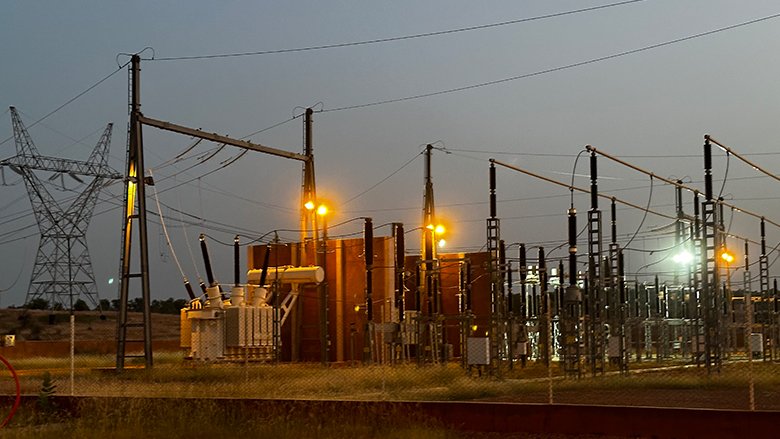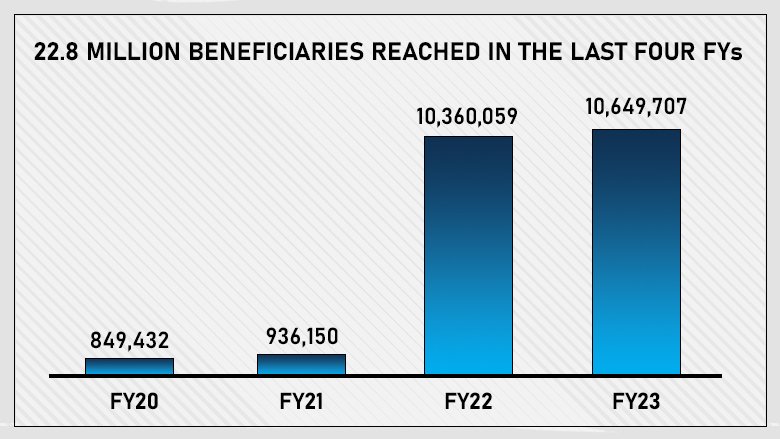CHALLENGE
Energy Access Is a Development Issue
Achieving universal energy access is a global challenge, and in Sub-Saharan Africa it is an urgent priority. This is particularly the case in Western and Central Africa, where in 2020, only 52 percent of the population had access to electricity services - although this was a significant improvement from 34 percent in 2000. In AFW, 220 million people still lack electricity access, limiting their ability to operate businesses, generate income, and receive adequate health and education services. Key challenges for scaling up energy access in this region include: (i) a vast geography and low population density; (ii) high electricity costs; (iii) limited affordability; (iv) weak institutional capacity; and (v) political instability.
APPROACH
From Policy to Infrastructure: A Comprehensive Approach
The World Bank’s Climate Change Action Plan 2021-2025 acknowledges the need to expand energy access in a world where about 800 million people still lack electricity, and identifies the urgent need for a global transition to low-carbon energy that is resilient to climate change and extreme events. World Bank priorities in the sector include support to countries for power sector planning, energy subsidy reforms, and improving the operational and financial performance of utilities; and investing in projects to increase energy access, including through renewable energy and improved energy efficiency. Developing regional infrastructure networks - including energy infrastructure - is one of the World Bank’s priority areas of engagement for the AFW region. It helps countries in AFW position their energy sectors as engines of green, resilient, and inclusive development, by strengthening and reforming policy and institutional frameworks to serve short, medium, and longer-term goals in achieving universal access to energy. Interventions are based on least-cost options, blending grid expansion in more populated areas with off-grid solutions in remote areas where grid services are not economically viable. The World Bank leverages International Development Association (IDA) financing to unlock markets by creating an enabling environment for private capital mobilization.
Rather than a one-size fits all approach, a range of instruments are used, from Development Policy Financing (DPF), Program-for-Results Financing (PforR), and Investment Project Financing (IPF), to Technical Assistance (TA). Interventions are tailored to country and regional priorities and needs and supported in some cases by a Multiphase Programmatic Approach (MPA). These lending operations are further complemented by investments in projects under the West Africa Power Pool (WAPP) and the Central Africa Power Pool (CAPP), which facilitate cross-border transmission to reduce costs across the region, allowing participating countries to benefit from lower average generation costs for grid-connected electricity, and making user tariffs affordable for poor consumers.

